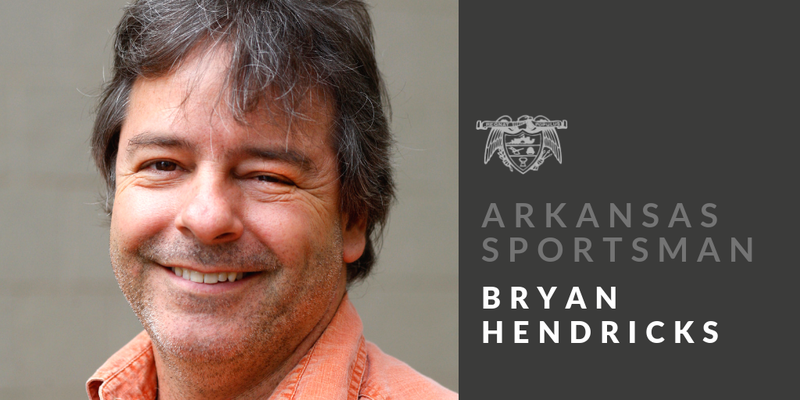Our ideas about hunting deer at night are a little too far outside of the box.
One fellow told us that members of his deer club in south Arkansas overwhelmingly support the idea.
"But they're people that are OK with night hunting already," he said.
"The people who would most likely be aghast at the idea probably don't read your column," he added.
We suspect some conversations probably occurred within the walls of the Arkansas Game and Fish Commission about who put the idea in that guy's head. It wasn't an inside job. We were just thinking out loud. If the commission is serious about reducing deer populations that are at risk for spreading and receiving chronic wasting disease, then shed convention and try solutions that increase the likelihood of success.
Still, there some questions came our way about how this might work.
If the commission ever allowed hunting deer at night, it would have to be tightly regulated.
It would require a special license, and probably some education.
Initially, a night hunting season would probably be short, say 5-7 days in January. By then, all of the daytime firearms seasons are done and most of the archery hunters have gotten their fill. A short night hunting season would be similar to the "doe days" that the Game and Fish Commission used to hold in some deer management zones. Remember them? They were controversial, too.
To eliminate noise and to prevent alarming and antagonizing non-hunters and non-participants, firearms used in a night hunting season would have to be suppressed.
Distinguishing bucks from does in a night hunting scenario might be problematic. Thermal optics identify a target's heat signature. Antlers do not emit heat and do not register in a thermal optic's visual display. High-quality night vision equipment does identify antlers, but only the best night vision optics show sufficient detail.
Importantly, trophy hunters would probably object to hunters killing mature bucks at night. To soften their resistance, a night hunting scenario would have to be antlerless only.
Brodie Swisher discussed our night hunting column in an article posted at bowhunting.com on May 8. Swisher acknowledged most of our points, but he bucked at this line: "Hog and predator hunters spend a ton of money on night-hunting equipment. Allowing them to hunt deer at night might infuse a new level of excitement and enthusiasm into the sport."
"It seems as if the article makes a dramatic shift from helping with CWD and management of nuisance animals to, let's spice things up with a more exciting way of hunting deer with night hunting," Swisher wrote.
"Is this the proper step to take to spark excitement and enthusiasm for hunters?" Swisher asked. "Is that how we want to present deer hunting to the next generation of deer hunters?"
Where did we get this notion that hunting shouldn't be fun? Why do we oppose things that generate interest and attract new hunters? Rephrased, the question is actually a statement. "We don't want 'them' in our neighborhood." It's the same attitude that resists crossbows, inline muzzleloaders and big bore air rifles.
I was an information specialist with the Oklahoma Department of Wildlife Conservation in 1999 when the U.S. Fish and Wildlife Service introduced the conservation order to reduce light goose populations. Talk about controversial! The conservation order contravened every tenet in the waterfowl hunter's code of ethics. There was (and still is) no limit on snow geese, blue geese and Ross's geese. You could use electronic callers, and there was no limit to how many shells a shotgun could hold.
I worked all night on the news release with Mike O'Meilia, the ODWC's waterfowl biologist. Under no condition could the ODWC hint at this being a recreational opportunity, O'Meilia said. We couldn't even call it a "season." The feds were adamant about it.
It could not be promoted as fun. It had to be serious, a clinical, surgical population reduction.
Twenty-four years later it is a recreational opportunity because what else could it be? The conservation order spawned its own industry. Hunters don't kill for the sake of killing. OK, some do, namely -- ahem -- people that shoot deer at night with spotlights.
Nope, hear us out. A night hunting deer season wouldn't legitimize illegal activity or the attitudes that drive it. It would refine the concept into a regulated activity that would have legitimate value as a management tool.
